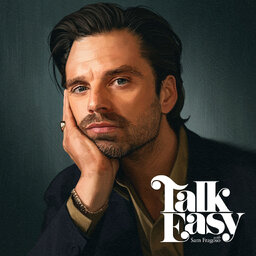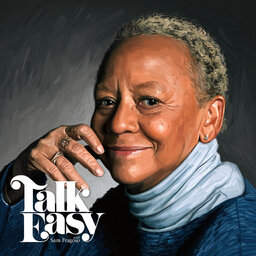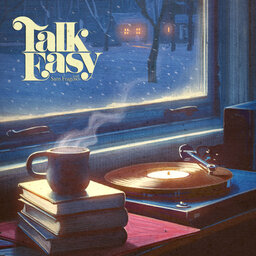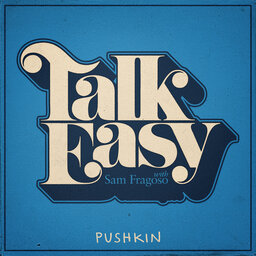Filmmaker Ava DuVernay’s New Hollywood Framework
Over the past 15 years, filmmaker Ava DuVernay (Selma, Queen Sugar) has become something of an institution in Hollywood. As a writer, director, and producer she’s worked to make our industry more just and diverse—creating opportunities for voices that have historically been underrepresented both in front and behind the camera. In many ways her latest film, Origin, examines a hierarchy she’s worked to upend through a bold body of work.
And so we begin today’s episode discussing her creative adaptation of Isabel Wilkerson’s best-selling book, Caste: The Origins of Our Discontents (7:30) and the timely questions she hopes to pose as we begin 2024 (11:35). Then, Ava reflects on the influence of her Aunt Denise (17:42), what a typical Saturday looked like in the DuVernay household (21:56), her formative years as an underground emcee at UCLA (28:55), and how working on Michael Mann’s Collateral (34:33) inspired her to direct.
On the back-half, we talk about the making of Ava’s first narrative feature I Will Follow (38:46), a life-changing review from Roger Ebert (44:42) and the resulting decade as a director (49:15). We also wade through this past year in Hollywood (56:00), her hopes for ARRAY in the years to come (1:04:06), and the words of Angela Davis that keep her moving forward (1:06:00).
For questions, comments, or to join our mailing list, reach me at sf@talkeasypod.com.
In 1 playlist(s)
Talk Easy with Sam Fragoso
Talk Easy with Sam Fragoso is a weekly series of intimate conversations with artists, activists, and…Social links
Follow podcast
Recent clips

The Year of Actor Sebastian Stan (‘The Apprentice’)
1:16:35

Remembering Poet Nikki Giovanni
44:21

Talk Easy in 2024: A Mixtape
58:40
 Talk Easy with Sam Fragoso
Talk Easy with Sam Fragoso